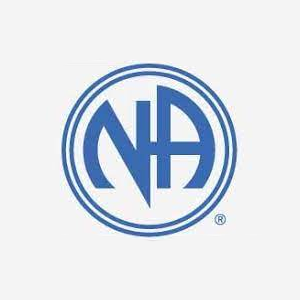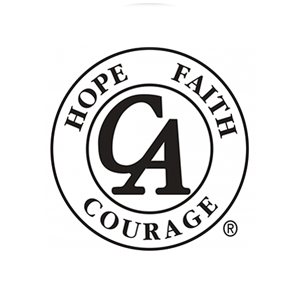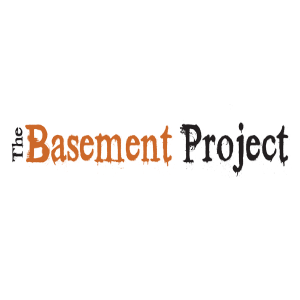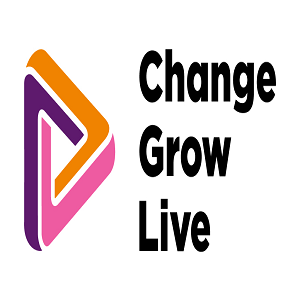Drug & Alcohol Rehab in West Yorkshire

How Does Rehab Work?
Rehab involves multiple strategies that are designed to address individual addiction with support, wellness methods, and steps to restoring mental health. Clients are introduced to addiction treatment programmes that are led by experienced and professional therapists. Along with therapeutic intervention, individuals can benefit from the support received from certified counsellors and group therapy. While free outpatient services do exist, you can not expect the same level of care as those offered privately. For those who enter an inpatient rehab programme, it requires that you remain inside the centre or the facility for the duration of treatment. Outpatient services are a choice for those with less severe drug or alcohol dependencies. You will meet with a counsellor while keeping up with work commitments and remaining at home.
What Happens During Residential Rehab?
Rehab is the first brave step towards recovery and sober living. It can be difficult to work on quitting addictive behaviours on your own but with the support of professional intervention, a substance free life can be achieved. You may have concerns about the unknown; however, a breakdown of the process can help put your mind at ease.
Rehab occurs in stages. It starts with a medical assessment. Individuals must be professionally assessed to help staff understand the nature of your dependence, its history and comorbid disorders (such as bipolar or schizophrenia). The information obtained from the assessment is used to create a unique therapy programme for you. Because every person is different, a personalised treatment plan will help provide a more tailored programme that meets your needs and requirements.
Detox is an essential step of a recovery programme. It involves the safe removal of drugs and/or alcohol from the body. When detox is performed under medical supervision, withdrawal symptoms can be monitored, and its severity managed. This can significantly improve the chances of success and minimise relapse.
Therapy is an important part of rehab and every aspect of addiction treatment should be tailored to address individual backgrounds, substance dependencies, and circumstances. Interventions can range from private counselling and cognitive behavioural therapy to building coping strategies, life skills, and attending group meetings.
1. Assessment

To receive the best treatment for your needs, an assessment will be the phase in the recovery process. Assessments are performed by a medical professional and can include a telephone screening. The professional asks questions with regards to your state of health, your substance use, any history of addiction, and whether you may have any comorbid mental health conditions. A phone assessment provides staff with important information that will help to safely manage the detox process.
Should you require the assistance of a medical professional to manage addiction, seek a medical assessment prior to treatment commencing. Assessments are an important part of choosing the right therapy and whether inpatient or outpatient programmes are most suitable for your healthcare requirements.
2. Detox

Detox will be completed prior to therapy. It is often performed in a residential facility where individuals can receive round-the-clock care to reduce withdrawal symptoms.
It is best to have a supported medical detox because the experienced staff is readily available to help you through the withdrawal process. As the substance is no longer consumed, you may begin to experience withdrawal symptoms. Without professional aid, there is a higher risk of relapsing. Detoxification is followed by a fully tailored therapeutic programme. You can attend inpatient or outpatient therapy that is managed by trained addiction therapists and a support team.
3. Therapy

Once a medical assessment and detox are completed, individuals will begin therapy. The therapeutic intervention will consist of inpatient or outpatient services which depend on your budget and life commitments. Some of the most common therapies you can expect at a treatment centre include traditional one-on-one counselling, trauma counselling and skill-building, as well as group therapy sessions.
Step by Step Process for Residential Rehab
To understand your medical and mental health history.
Arrange a suitable date to begin your journey to recovery.
Begin the managed withdrawal process from substances including alcohol.
To understand the root cause of addiction and how to overcome it.
Aftercare is provided to help manage the risk of relapse.
To help heal the wounds that addictive behaviour has caused others.
Find your Nearest Rehab Centre in West Yorkshire
The nearest rehab centre is he Oasis Recovery Bradford – Drug Rehab & Alcohol Rehab Yorkshire
Address: Oasis Recovery Bradford – Drug Rehab & Alcohol Rehab Yorkshire, 21 Bolling Rd, Broomfields, Bradford BD4 7BG, United Kingdom
Call 0333 4444 432 to discuss your alcohol or drug rehab requirements and any other questions you may have about the process of residential rehab.
Outpatient Addiction Services in West Yorkshire
Outpatient addiction services are available to those who cannot commit to a residential clinic or require a more affordable option for treatment. To help you with the appropriate treatment, we provide a breakdown of outpatient services compared to inpatient care.
In an outpatient programme, you will not have to stay at the clinic to receive therapy. It is a more flexible programme for those who need care and therapy but cannot fully commit to a round-the-clock residential programme. The purpose of outpatient programmes is to help you benefit from therapy while attending to family, work, and personal commitments.
Once you have made a decision that outpatient treatment is an approach you wish to pursue, the next step is to find a complementary programme offered by a CQC registered company or charity.
The Benefits of Outpatient Services
Private Outpatient services will include individualised care strategies to address the specific problems and challenges that are maintaining addictive behaviours. Outpatient assistance is commonly sought by individuals who have family commitments or those who need to work full-time. Outpatient programmes are more affordable than inpatient treatment.
The Challenges of Outpatient Services
While one stays at home and partake in outpatient programmes, they may be at higher risk of relapse due to continual exposure to triggers and easy access to drugs or alcohol. Another point to consider is that free outpatient addiction services – offered by the NHS and other UK-based charities – do not provide a bespoke treatment plan and waiting lists are to be expected.

How Much Does Rehab Services Cost in West Yorkshire?
Drug or alcohol addiction treatment within a residential setting typically costs around £1500- £4000 per week. When private addiction treatment is not a choice, our aim is to help you find the right recovery programme that suits your budget requirements.
The NHS and charities such as Turning Point offer free rehab services for those struggling with substance and alcohol addiction. It is important to note that Turning Point requires a self-referral. You will also find free support groups provided by Alcoholics Anonymous, Cocaine Anonymous, and Narcotics Anonymous very useful for long-term recovery from addiction.
Support Groups in West Yorkshire

Topic Meeting Group
Rear Annex, Skipton General Hospital, Keighley Road, Skipton, West Yorkshire BD23 2RJ

Leeds Cocaine And All Other Drugs
Cottingley Community Centre, 115 Cottingley Approach Leeds LS11 0HJ

Alternates between Step, Tradition, Main Share, Just for Today and Topic. Group
The Basement Project, 10 Carlton Street, Halifax, West Yorkshire HX1 2AL
The Pros and Cons of Seeking Treatment in Your Local Area
Pros
1. You are familiar with the area which may provide a layer of comfort/safety.
2. Loved ones can easily travel to visit or are close by.
3. You could save on the costs of travelling long distances for addiction treatment, or free services may only be offered in your area of residency.
Cons
1. A local environment means access to drug dealers or other triggers. This is more of a concern if you choose outpatient programmes.
2. Failing to consider locations outside your local area could result in a missed opportunities for more valuable and rewarding programmes.
3. Addiction treatment programmes that are close by don’t always provide the best standard of rehab.
In the event you are unsure about a particular addiction treatment service, you can look to the CQC website for more information including a rating of that service.



